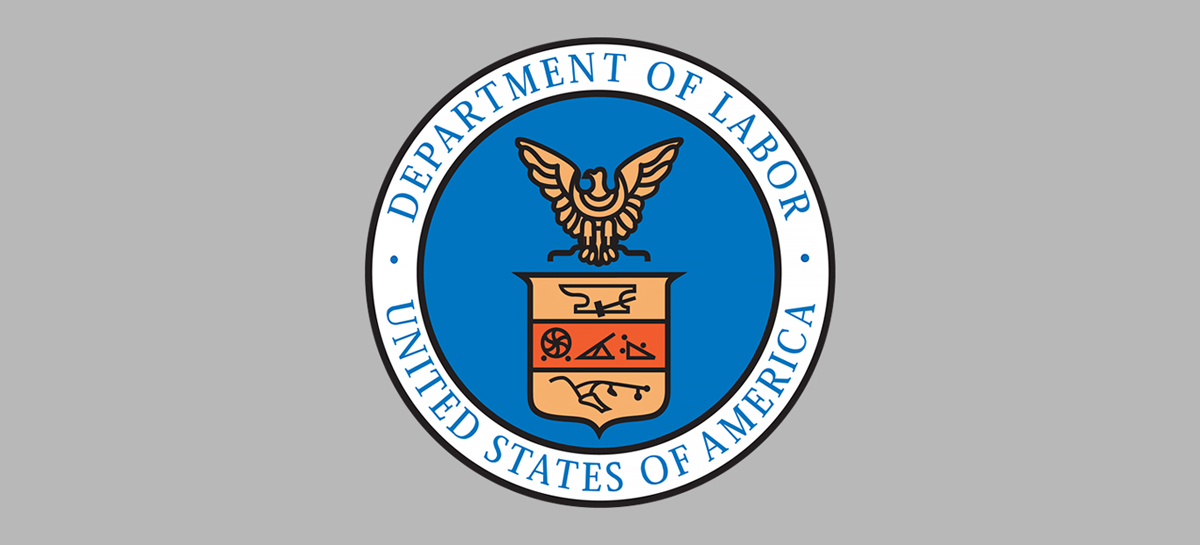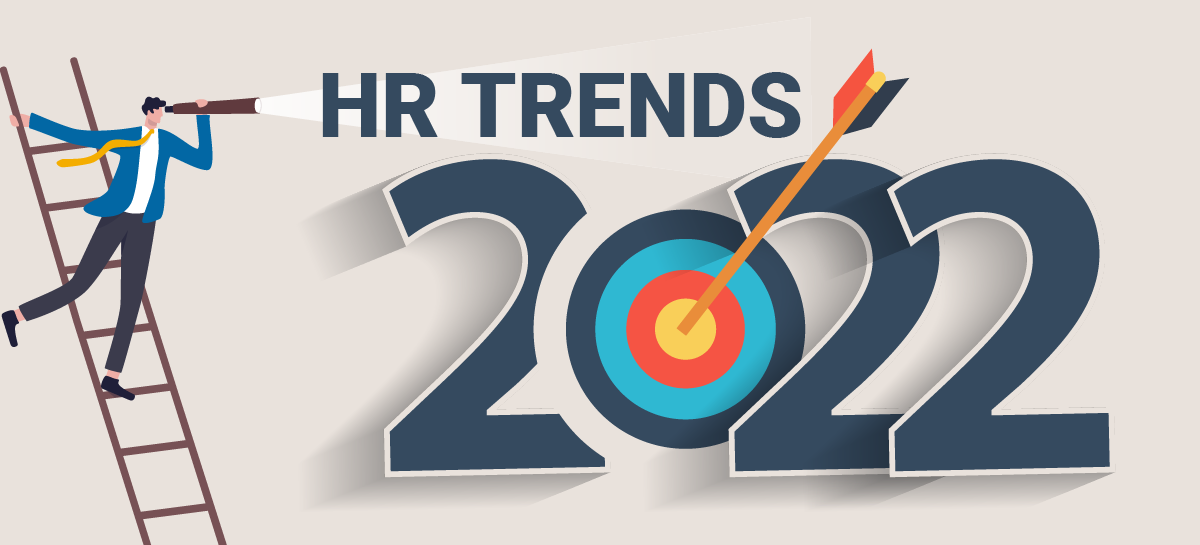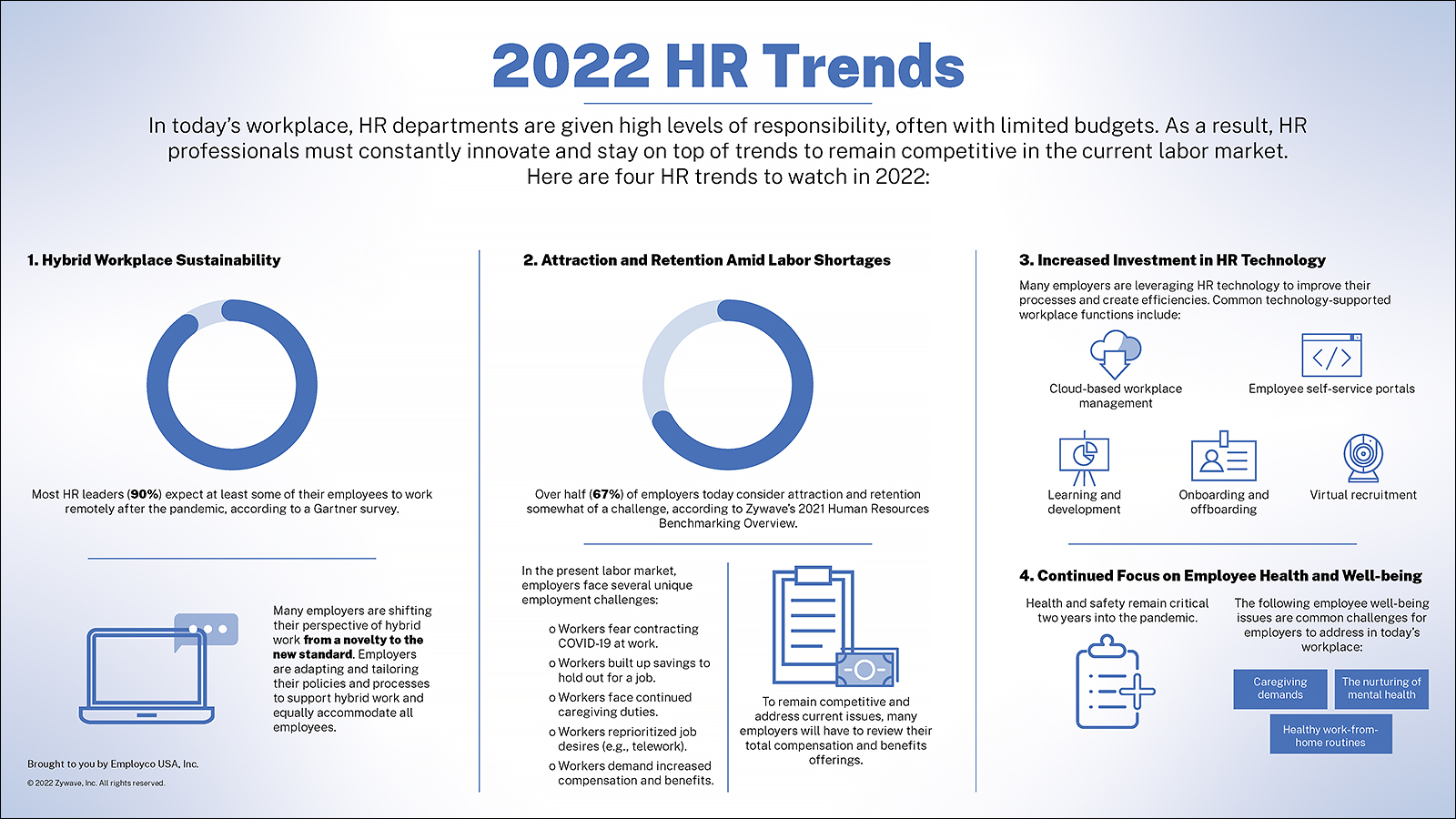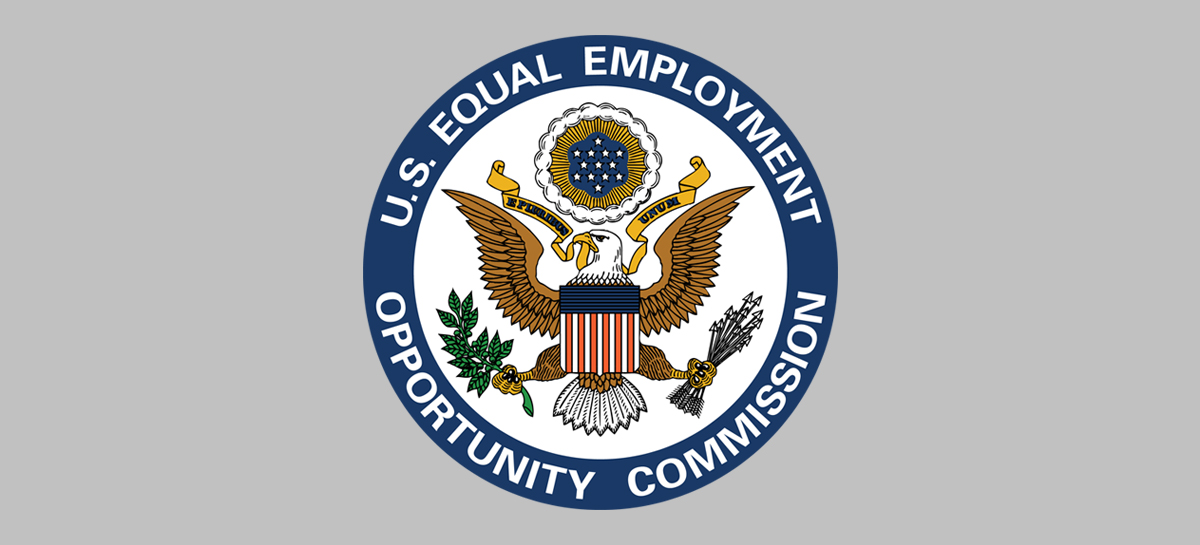
The U.S. Department of Labor’s (DOL) Wage and Hour Division (WHD) enforces federal minimum wage, overtime pay, recordkeeping and child labor requirements of the Fair Labor Standards Act (FLSA). The WHD also enforces the Migrant and Seasonal Agricultural Worker Protection Act, the Employee Polygraph Protection Act, the Family and Medical Leave Act (FMLA), wage garnishment provisions of the Consumer Credit Protection Act, as well as a number of employment standards and worker protections as provided in several immigration-related statutes.
Generally, the WHD will initiate an investigation after a current or former employee files a complaint. An investigator may visit an employer to provide information about the application of, and compliance with, the laws administered by the WHD. A WHD investigator may also visit an organization to conduct interviews, examine time clocks and ensure all employment notifications are available to employees. Additionally, the investigator may review up to three years of wage and hour records to determine whether there are any violations in an employer’s payroll practices.








